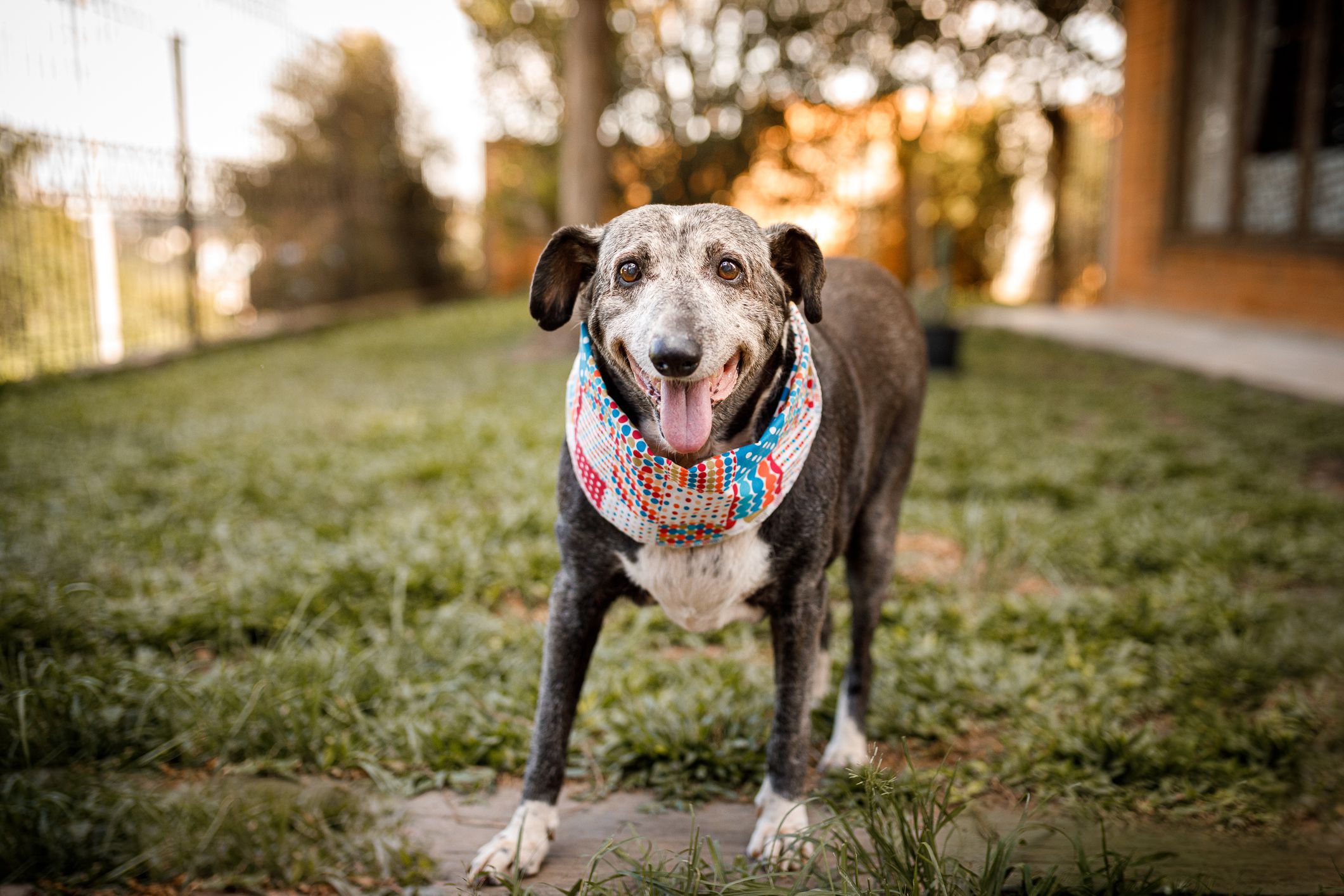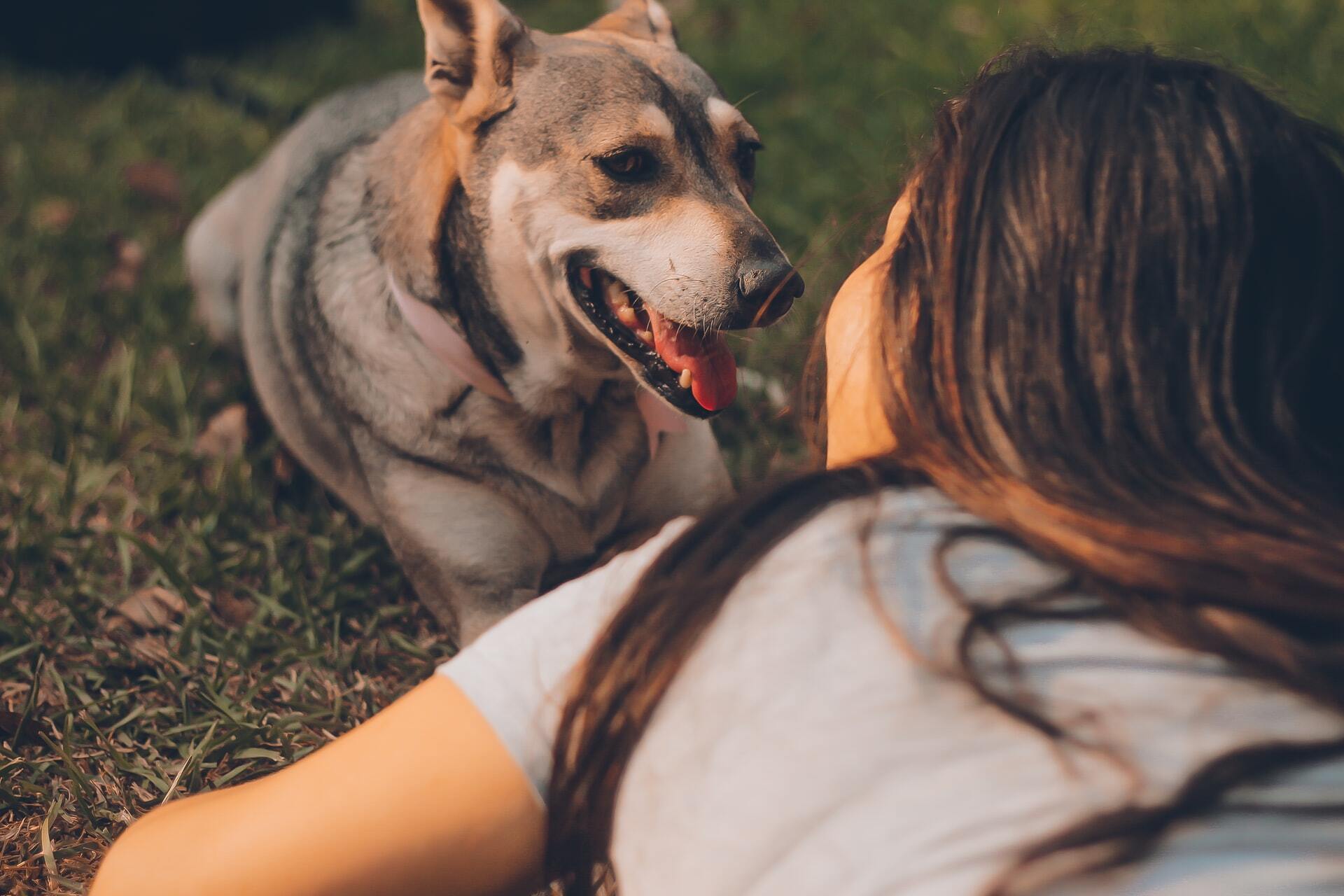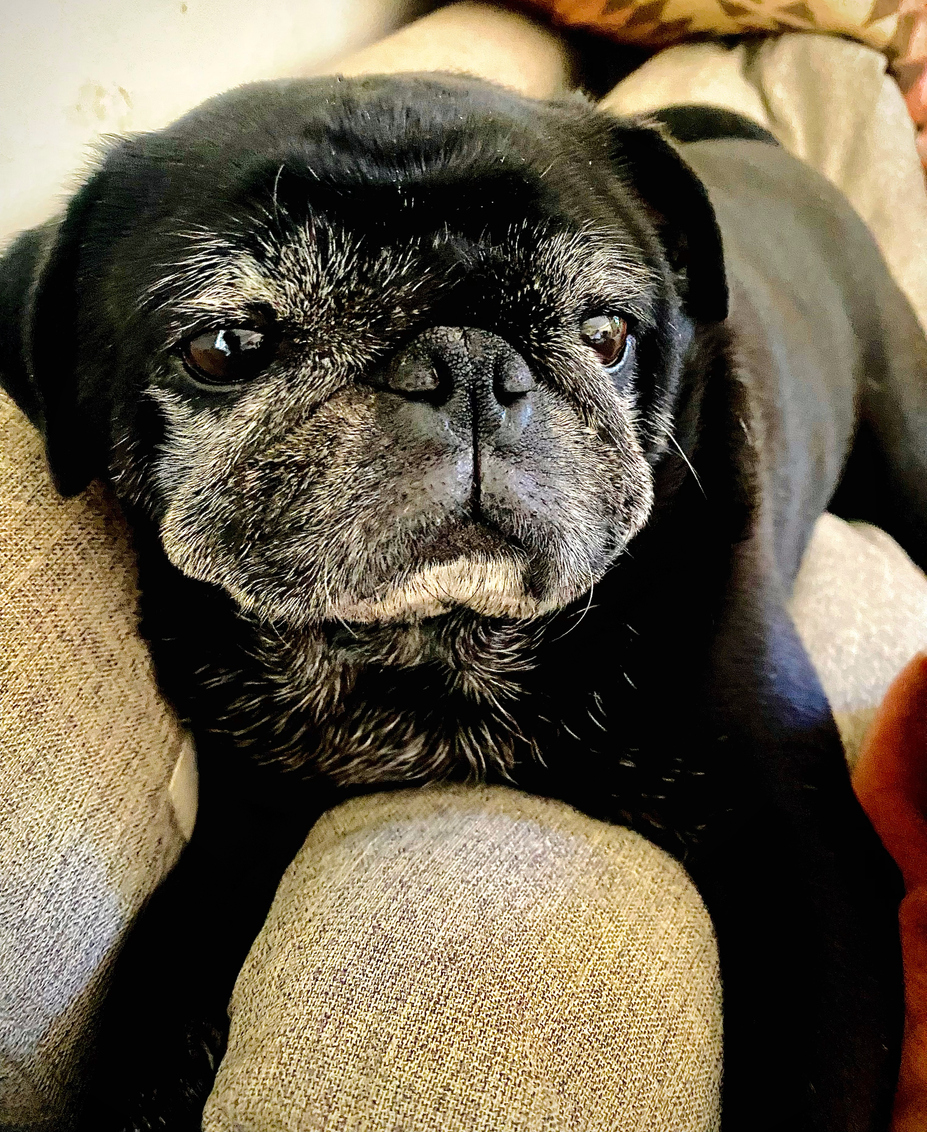Senior Dog Care – Special Considerations
Dogs older than seven years of age are considered senior pets. Senior dogs are in the stage of life in which the aging process is beginning to affect every organ system. Some organs wear out faster or are more susceptible to cumulative damage than others, so certain observations are especially important to make. The following is a list of key recommendations that are important for older dogs.
- Keep vaccinations current. Your veterinarian will determine the proper vaccine schedule for your senior pet's lifestyle. Typically, senior pets will receive most vaccines every three years. Some vaccines with shorter duration of immunity such as kennel cough, leptospirosis, or Lyme disease vaccines may be given more frequently (every six to twelve months).
- Have blood and urine tests evaluated at least once a year. Early detection of chronic diseases such as kidney disease, thyroid disease, and diabetes is the key to successful treatment and preservation of quality of life. Chest and abdominal X-rays may also be recommended by your veterinarian to screen for disease and assess heart health if a murmur is present.
- Brush your pet frequently to prevent mats. Mats can contribute to skin infections and may hide skin tumors.
- Clip toe nails as needed to prevent overgrowth. Long toe nails may cause the dog to stand and walk abnormally and result in pain or accelerate and exacerbate arthritic changes.
- Keep plenty of fresh water available and monitor its consumption. Increases in water consumption or urination are often associated with conditions such as diabetes and kidney and liver disease. Ensure there are water bowls on every floor of your home.
- Keep other pets from preventing your senior pet access to food and water. You should feed your older dog a high quality, easily digestible food recommended by your veterinarian.
- Keep your senior pet indoors most of the time, especially in inclement weather.
- Weigh your dog (on the same scale) and record results at least every two months. Changes in weight can be an early indicator of disease.
- Older dogs should have easy access to a warm and comfortable bed, situated where they can sleep safely without fear of disturbance.

How often should I take my senior dog to the veterinarian?
You should take your senior dog to the veterinarian at least once a year for an annual check-up; although every 6 months is recommended if your dog is considered geriatric. It is very important to have your veterinarian examine your dog if you notice any of the following:
- Sustained significant increase in water consumption (normal water intake should be less than 100 ml/kg/day or approximately 1 1/2 cups (12 ounces)/day for a 10-pound dog).
- Sustained significant increase in urination.
- Weight loss.
- Significant decrease in appetite or failure to eat for more than two consecutive days.
- Significant increase in appetite.
- Repeated vomiting.
- Diarrhea that lasts over three days.
- Difficulty in passing stool or urine.
- Sudden loss of housetraining.
- Lameness that lasts more than three days, complete non-weight bearing lameness that lasts more than one day, or lameness in more than one leg.
- Noticeable decrease in vision, especially if it is sudden in onset or pupils do not constrict in bright light.
- Masses, ulcerations (open sores), or multiple scabs on the skin that persist more than one week.
- Foul mouth odor or drooling that lasts longer than two days.
- Increased size of the abdomen.
- Increasing inactivity or amount of time spent sleeping.
- Hair loss, especially if accompanied by scratching, or if the loss is in specific areas (as opposed to generalized).
- Persistent coughing or gagging.
- Excessive panting.
- Sudden collapse or bouts of weakness.
- Inability to chew dry food.
- Seizure (convulsion or 'fit').
While it is true that old age is not a disease, older patients do merit special attention. This is important so that if your dog develops disease, it can be recognized and treated as early as possible, thereby maintaining his quality of life for as long as possible.




